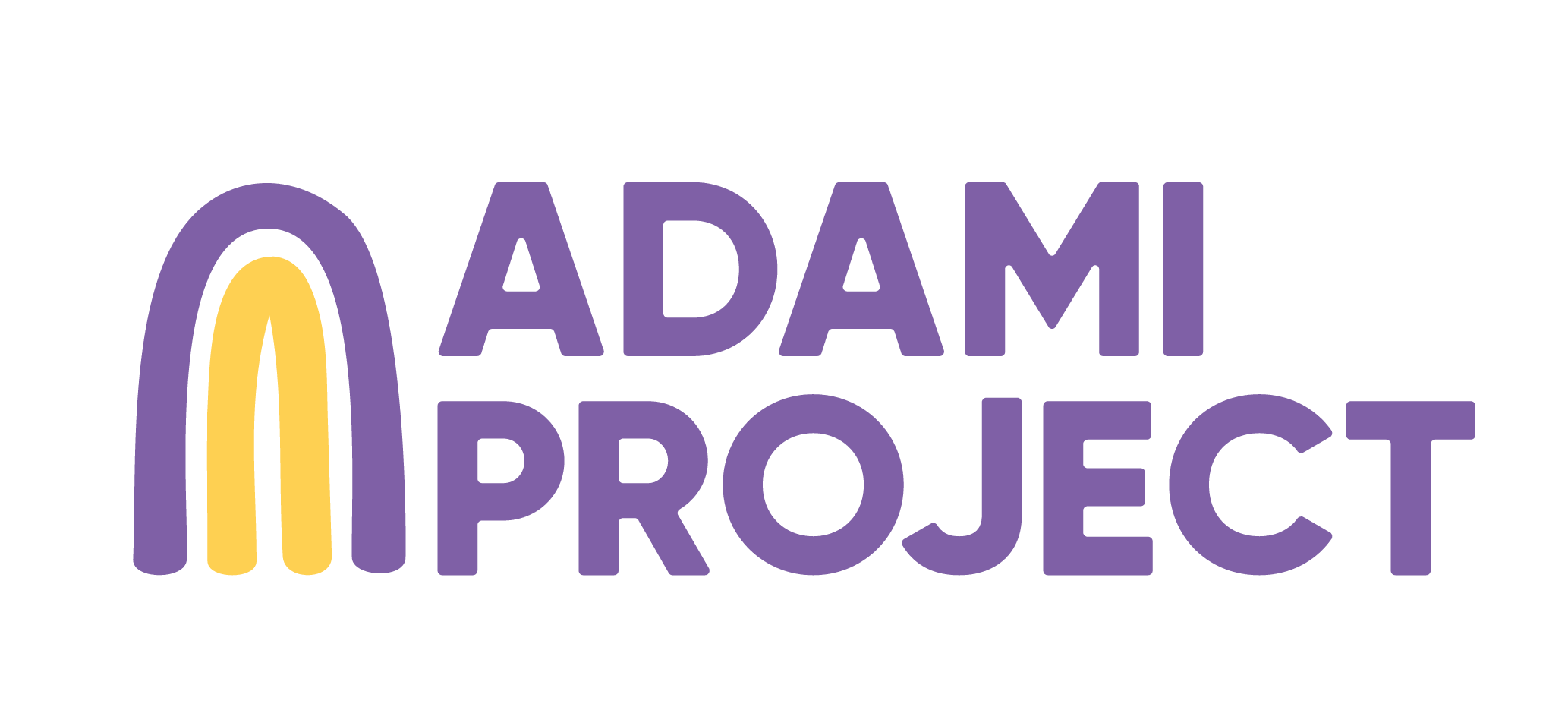Expanding Into A New Community
The AdAmi Project has big ambitions for 2021 – we were recently registered as a national NGO in Sierra Leone, and in addition to enrolling more girls into our livelihoods project, we will be expanding into a fifth community. To help set up our own office and get the AdAmi Project established in the new town, we have taken on two new members of the team. Mariama, a qualified social worker, will be the main point of contact with the girls who enrol in the programme, while Beth, our new Country Manager, will be co-ordinating the project and developing relationships with the local authorities, like the police and social services. We spoke to Beth to find out more about how she started working with the AdAmi Project and her plans for the year.
Having been born and raised in the UK, how did you come to be in Sierra Leone?
I first came to Sierra Leone in 2005 with my now-husband, who is Sierra Leonean. He hadn’t been back since he left as a 16-year-old so we spent a few months here so he could see his family again. Then in 2008, we decided to move here and, over the next few years, we ran lots of different businesses, including a shop, a haulage business and an oil palm plantation. I was heavily pregnant during the Ebola outbreak, so I returned to the UK to give birth and ended up living there with the children for two years while my husband stayed in Sierra Leone, working for Unicef. Then in 2016, he was asked to become the Director of Jonathan’s Child Care school and orphanage, so I moved back permanently to support that work.
So how did you come to be involved in the AdAmi Project?
I met Kirsty when she came to Sierra Leone at the beginning of 2020. She had sent a message saying she would be coming over with her husband and little girl, and asking if anyone needed anything from the UK. I really wanted some ibuprofen gel, because you can’t buy it here, and she brought some over for me! That was the first time we met. She told me about the AdAmi Project, and I thought it sounded like a great idea, because there weren’t really any other organisations doing anything similar in the area. I ended up helping Kirsty by interviewing the girls enrolled in the programme, when she had to leave because of the Covid-19 outbreak. The more I heard about it, the more I wanted to be involved.
What are the plans for expanding into the new community?
We want to really get to know the girls before we develop a structured package of support, so that the programme we put in place is shaped by what the girls want and need, rather than by our assumptions about what they need. We want to get their input from the start. So, for example, the girls will create their own code of conduct, setting out what they will expect of themselves and of each other as part of being enrolled on the programme.
We’ll start by bringing the girls together once a week to play sports and learn life skills, covering topics like how to care for a baby or toddler. This will give them the opportunity to get to know each other and organically build a supportive network, so we aren’t helping the girls in isolation from each other. Then once we’ve earned their trust and got to know them a bit better, we’ll work on their individual dream plans, which sets out what they want to achieve and how that can best be facilitated.
Do you anticipate any challenges to setting up the project?
It’s really important that we get the buy-in of the community; we can’t be seen to be acting independently of them. So Mariama has already started conversations with the Chair-lady of the town, who leads the women in the community, and the Chief, but we will need to get their formal support. There is also the risk of being overwhelmed with referrals, as there are probably a lot of young unmarried mothers in the area who would benefit from our help.
But we have a really great advisory board with members based in Freetown and Bo, who have oversight of our work, and we have all the protocols and policies in place so that when challenges come our way, I’m confident that we will be able to overcome them.
Mariama’s expertise is also going to be invaluable to us. She’s a qualified social worker who has experience of community outreach work, of dealing with chiefs and community stakeholders, schools and health units. She’s a young Sierra Leonean woman herself, and a mother, so she’ll really help us understand, and work with, the local context as well as giving the girls someone they can easily relate to.
What do you hope you’ll achieve over the next few months?
By March, we hope to have the first twenty girls enrolled on the programme, and to start the weekly life skills training and sports activities with them. A few months after that, we’ll start to put together the individual dream plans and those who want to return to school will be enrolled for September. We’re going to work flexibly but always with the same focus on supporting the girls so they can become happy, successful and empowered members of their communities.

